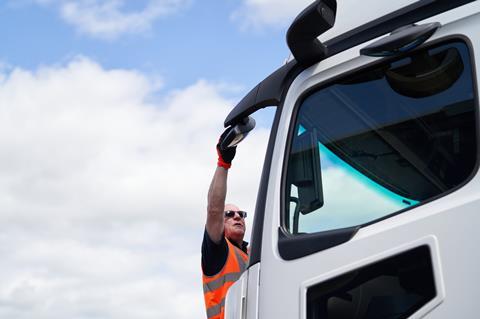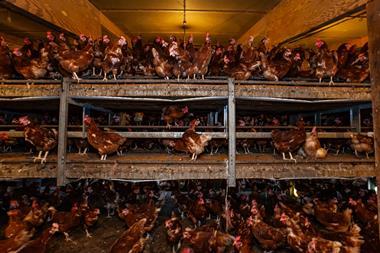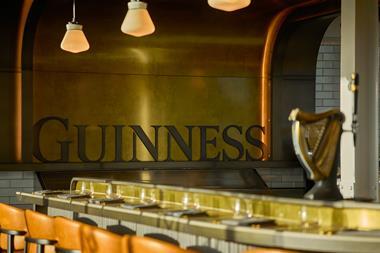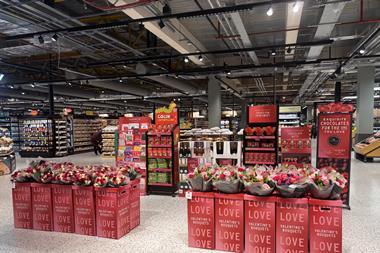
More than half (54%) of British supply chain businesses don’t think they’ll meet their net zero goals, according to new research by UK grocery’s leading logistics partner Wincanton.
Costs and lack of alternative fuel technologies are “holding businesses back” from hitting their carbon emissions targets, the study showed.
Supply chain businesses are being forced to deprioritise net zero goals, with two-thirds claiming the costs of transitioning to a low-carbon-footprint fleet are stopping them from investing in sustainable alternatives.
Six in 10 companies said they wanted to reduce the environmental impact of their fleet but “simply didn’t know how”, while four in 10 admitted they did not know how to further optimise their fleet.
Additionally, only 25% believed alternative fuel vehicles will be affordable in the next four to six years. As a result, more than half claimed they were not currently reducing emissions in their logistics fleet.
“Sustainability remains a high priority for UK businesses, but it’s clear they aren’t making enough headway when it comes to reducing emissions in their supply chain operations”, said Paul Durkin, chief customer and innovation officer at Wincanton.
“This is the result of the lack of viability and affordability of alternative fuel vehicles and ongoing cost pressures during a challenging economic period. We can see a gap is emerging between their priorities and the action needed to reach net zero.”
Wincanton asked UK supply chain, transport and logistics businesses about their net zero strategies, as the heavily energy-dependent sector faces some of the biggest challenges ahead of 2050’s CO2 reduction deadlines.
However, the idea that net zero transition brings in added costs does not necessarily translate – 37% of respondents have seen cost reductions from tackling their CO2 emissions, the study found.
Read more: Food lorries are a climate calamity. So why are so many empty?
XPO Logistics UK MD Dan Myers also argued “reducing your consumption generally leads to lower costs – training on efficient driving would improve miles per gallon, which would reduce emissions and therefore be more sustainable, so sustainability can reduce costs”.
Myers said deprioritising sustainability goals in favour of a short-term approach “posed a a risk for the planet and business”.
The vast majority (84%) of respondents to the Wincanton study “expect government to play more of a role to support CO2 reduction”.
Trade groups including Logistics UK and the Road Haulage Association have urged government to invest more in robust nationwide electric vehicle infrastructure to help support businesses in their electrification journeys – particularly those looking to invest in electric heavy goods vehicles.
Helen Flanagan, product director at Wincanton, added that more efficient use of existing capacity was “key”.
“Last year the government reported almost a third of the total vehicle kilometres travelled by HGVs in the UK were empty,” she said.
“Put simply, too much fresh air is being moved around the UK, contributing to high emissions and high costs for businesses.”
Flanagan said technology across logistics should be used to improve collaboration amongst businesses to optimise fleet space and minimise wasted capacity.



















No comments yet